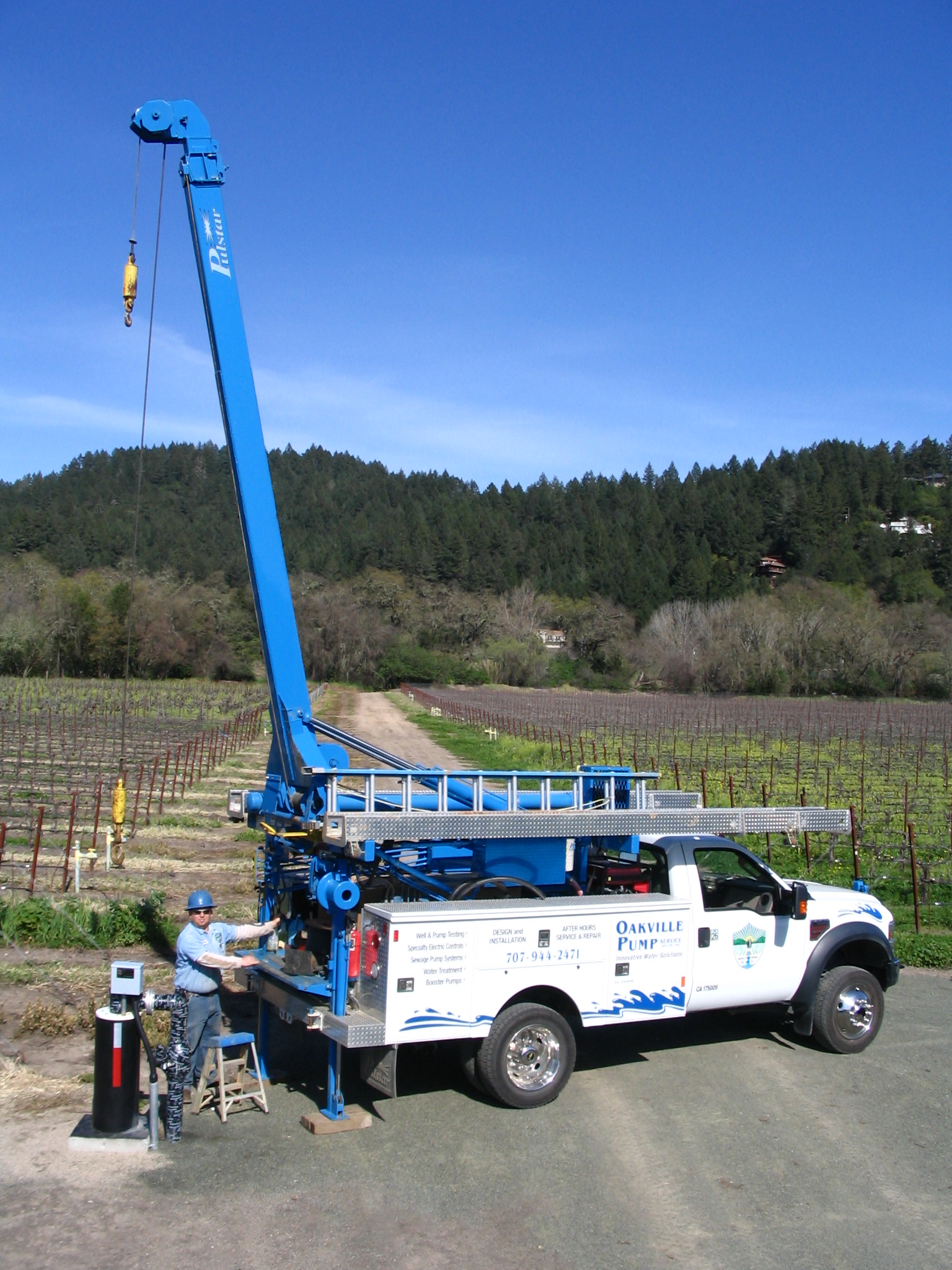Advanced Water Softeners: Bid Farewell to Hard Water Woes Permanently
Advanced Water Softeners: Bid Farewell to Hard Water Woes Permanently
Blog Article
Understanding the Trick Components of Effective Water Filtering Solutions

Relevance of Water Purification Systems
Water purification systems play a crucial role in guaranteeing access to safe and tidy drinking water by properly eliminating pollutants and contaminants. These systems are essential in attending to the expanding concerns over water quality and the prospective health threats associated with consuming infected water. By utilizing different filtration devices such as reverse osmosis, turned on carbon, and UV sterilization, water purification systems can successfully remove hazardous substances like microorganisms, viruses, heavy metals, and chemicals from the water supply.
In addition, water filtering systems help to boost the preference and smell of water by removing chlorine, sediments, and various other pollutants that can influence its quality. Water Softeners. This improvement in water high quality not just makes it a lot more tasty yet likewise encourages people to drink an ample quantity of water daily, promoting much better hydration and overall health and wellness
Kinds of Purification Parts

Physical filters are developed to physically strain out impurities from the water. These filters can be made from materials like ceramic, carbon, and even sand, and they function by trapping fragments larger than the filter's pores as water passes via.
Chemical filters utilize numerous chemical processes to get rid of pollutants from the water. Instances include triggered carbon filters, which adsorb impurities, and turn around osmosis membranes, which make use of stress to different impurities from the water.
Organic filters use living microorganisms like germs or algae to damage down natural issue and toxins in the water. These filters are usually used in wastewater therapy plants or natural water filtration systems.
Comprehending the different kinds of filtration parts is crucial for picking the most suitable water purification system for details filtration needs.
Feature of Sediment Filters
Sediment filters play a vital duty in water purification systems by properly recording solid bits suspended in the water. These filters are typically the first line of defense in a filtration system, removing bigger particles such as sand, silt, dirt, and corrosion before the water moves through finer purification phases. By trapping these debris, the filters stop them from getting to downstream elements, thus expanding the lifespan and effectiveness of the whole system.
The feature of debris filters is vital in preserving water quality and protecting sensitive tools from damage created by particles. In addition, by getting rid of visible bits, sediment filters boost the clearness and preference of the water. Consistently cleaning or changing debris filters is necessary to ensure optimum performance. Overlooking this maintenance can cause blocking, decreased content water flow, and compromised filtration performance. In general, debris filters are indispensable elements that add dramatically to the performance of water purification systems.
Role of Turned On Carbon Filters
Playing a critical function in water filtration systems, turned on carbon filters are crucial in getting rid of pollutants and impurities from the water supply. These filters are made to adsorb and catch a large range of toxins, consisting of chlorine, unpredictable natural compounds (VOCs), chemicals, and herbicides. The turned on carbon material has a big surface area, enabling for the reliable capturing of contaminants via a procedure called adsorption. As water goes through the filter, the turned on carbon draws in and holds onto the contaminations, making certain that the water that appears on the other side is cleaner and safer for usage.
Activated carbon filters are highly reliable at improving the taste and odor of water by decreasing chemicals that can influence its high quality. Due to their versatility and dependability, turned on carbon filters are a vital part in guaranteeing that water is purified to the greatest standards before reaching consumers.
Comprehending Reverse Osmosis Systems
Reverse osmosis systems are innovative water filtering systems that use an innovative procedure to get rid of contaminants and contaminations from alcohol consumption water. These systems function by using stress to the water, requiring it via a semi-permeable membrane layer. This membrane serves as an obstacle, allowing just distilled water particles to travel through, while blocking larger molecules such as minerals, chemicals, and various other impurities. As a result, the water that comes out on the various other side is dramatically cleaner and more secure for consumption.
Furthermore, reverse osmosis systems are reasonably low-maintenance and can be set up under the sink or in click over here now a main filtering system, supplying convenient access to tidy water throughout the family. On the whole, understanding just how reverse osmosis systems function can aid people make informed choices concerning their water filtration demands.
Final Thought
Finally, efficient water filtering systems are vital for ensuring risk-free and clean drinking water. The crucial components of these systems consist of sediment filters, triggered carbon filters, and reverse osmosis systems. By recognizing the feature and function of each part, people can make informed decisions when picking a water filtration system. It is important to focus on the quality of water in order to advertise general health and wellness.
Water filtering systems play a vital role in making sure accessibility to clean and safe alcohol consumption browse this site water by efficiently removing impurities and contaminants. By using different filtration devices such as reverse osmosis, activated carbon, and UV sanitation, water purification systems can successfully remove unsafe compounds like microorganisms, infections, hefty steels, and chemicals from the water supply.
Debris filters play a vital role in water filtration systems by properly recording solid fragments put on hold in the water (Water Treatment).Playing a critical function in water filtering systems, turned on carbon filters are important in removing pollutants and contaminants from the water supply.Reverse osmosis systems are innovative water filtration systems that use a sophisticated process to get rid of contaminants and contaminations from alcohol consumption water
Report this page